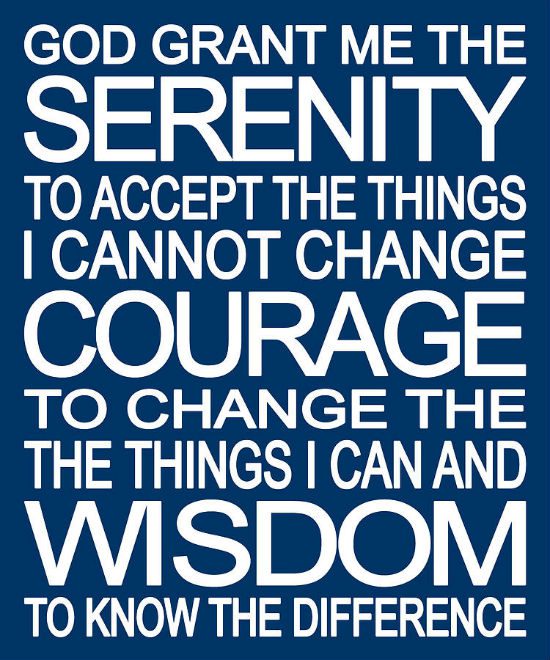Charles Dickens, “A Nightly Scene in London”
My companion wrote to me, next day, that the five ragged bundles had been upon his bed all night. I debated how to add our testimony to that of many other persons who from time to time are impelled to write to the newspapers, by having come upon some shameful and shocking sight of this description. I resolved to write in these pages an exact account of what we had seen, but to wait until after Christmas, in order that there might be no heat or haste. I know that the unreasonable disciples of a reasonable school, demented disciples who push arithmetic and political economy beyond all bounds of sense (not to speak of such a weakness as humanity), and hold them to be all-sufficient for every case, can easily prove that such things ought to be, and that no man has any business to mind them. Without disparaging those indispensable sciences in their sanity, I utterly renounce and abominate them in their insanity; and I address people with a respect for the spirit of the New Testament, who do mind such things, and who think them infamous in our streets.
Kelly J. Baker, “Nice, decent folks”
In my north Florida hometown, white people (no matter their class orientation) perfected nice racism. Now, there were some white folks, who were belligerent and unapologetic racists. But most white folks hid their racism behind civility until provoked. (They also didn’t acknowledge that white supremacy was a structure that organized our lives, but rather imagined that racism just appeared in particular racist words and actions.) These white people seemed very nice and decent until they felt they had to respond to (or were provoked) by the existence of people of color. Racism existing under smiles and small talk. …
“Nice” and “decent” don’t necessarily negate racism. Klan members can seem nice and still be racist. And “nice” and “decent” is often only extended by white people to other white people. This is pretty much only a shock to white people.
Ijeoma Oluo, “The Conviction of Dylan Roof Represents the Very Least We Can Do”
Understand that the Emanuel Nine lived every day in a country that did not value them. Understand that they lived every day in a country that had been striving to end their lives. Understand that they lived in a country where the color of their skin made them subject to abuse, neglect, discrimination, poverty, and invisibility. Understand that many of the Emanuel Nine lived through Jim Crow, through racist slurs, through spit in their faces, through overwhelming oppression, through abject dehumanization.
Understand that if the Emanuel Nine had instead been shot by trigger-happy police in individual traffic stops, none of their killers would see a day in prison. Understand that they lived every day knowing that.

Katherine Franke, “Making White Supremacy Respectable Again”
This kind of liberalism is a liberalism of white supremacy. It is a liberalism that regards the efforts of people of color and women to call out forms of power that sustain white supremacy and patriarchy as a distraction. It is a liberalism that figures the lives and interests of white men as the neutral, unmarked terrain around which a politics of “common interest” can and should be built. And it is a liberalism that regards the protests of people of color and women as a complaint or a feeling, ignoring the facts upon which those protests are based — facts about real dead, tortured, raped, and starved bodies. The liberalism Lilla espouses reduces these facts of human suffering and the systems of power that produce that suffering as beside the point. What matters are liberal values and the idea of America as a “shining city on a hill” that deserves our allegiance, not our protest. The ways that racial inequality has been baked into liberalism through the structural disadvantage of black people found in the GI Bill, discriminatory lending policies, redlining, inferior education for people of color, and — oh right — the refusal to provide reparations to formerly enslaved people, are just glitches and not actual features of the splendors of liberal governance for the likes of Lilla.
President Barack Obama, “‘Better Is Good’: Obama on Reparations, Civil Rights, and the Art of the Possible”
One of the things you learn as president is, as powerful as this office is, you have limited bandwidth. And the time goes by really quickly and you’re constantly making choices, and there are pressures on you from all different directions—pressures on your attention, not just pressures from different constituencies. And so you have to be pretty focused about where can you have the biggest, quickest impact. And I always tell my staff, “Better is good.” I’ll take better every time, because better is hard. Better may not be as good as the best, but better is surprisingly hard to obtain. And better is actually harder than worse.











